Does limiting the number of hours doctors work affect patient outcome, improve safety, or affect the education of otolaryngologists?n/p>


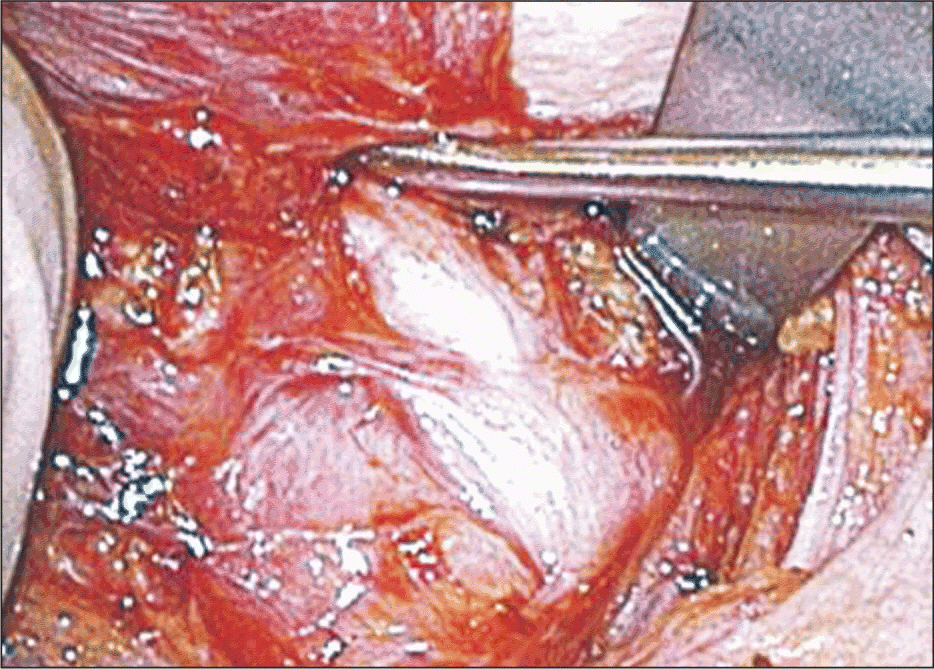
Part 3 of a series
Part 2 of a series
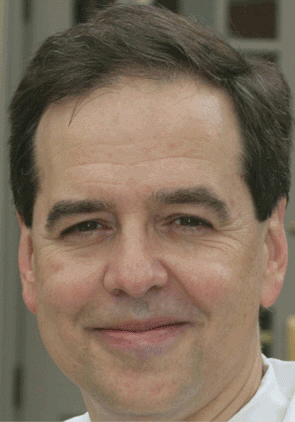
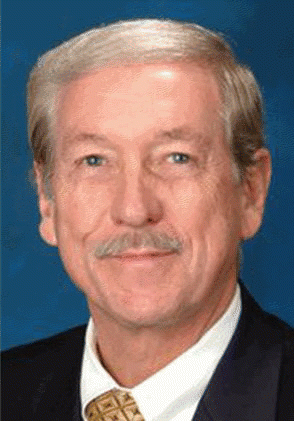
Roger L. Crumley, MD, MBA, Professor and former Chair of the Department of Otolaryngology-Head and Neck Surgery at the University of California, Irvine School of Medicine, and current President of the American Laryngological Association, has no doubts about the advantages of laryngeal reinnervation over other treatments for unilateral vocal cord paralysis.

Under intense and growing scrutiny of relationships between industry and physicians, academic health centers, medical professional organizations, and physician practices are grappling with how to guide physicians in their dealings with industry.
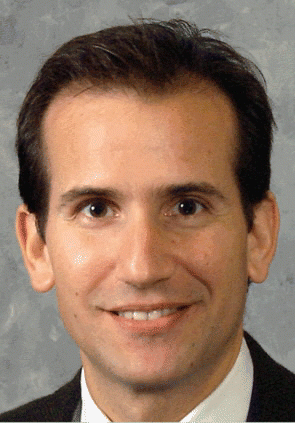
As evidence accumulates on the benefits and added value of videostroboscopy in the diagnosis of voice problems, many otolaryngologists are turning their attention to whether or not they want to invest in this technology-in terms of both the cost in buying the equipment and the time and skill needed to analyze correctly the many types of lesions one can see using this tool.
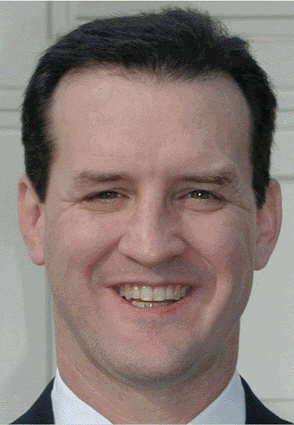

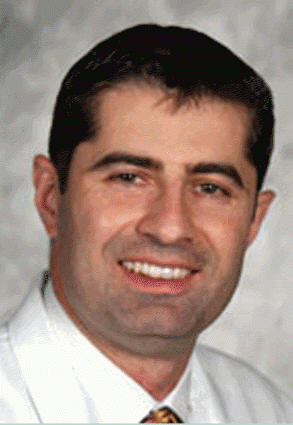
Patients who undergo a transnasal esophagoscopy using narrow-band imaging are more likely to have dysplasia diagnosed with a biopsy than those who have the exam using only white light, researchers have reported.